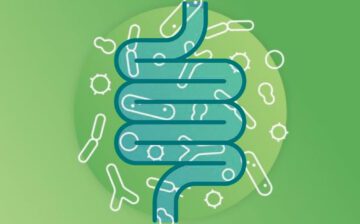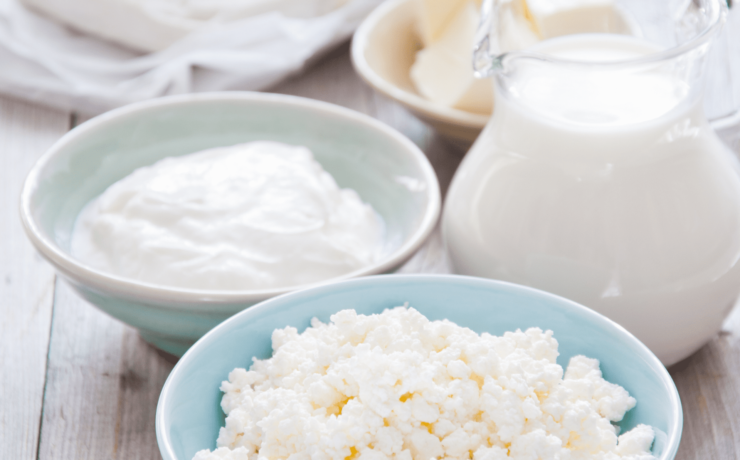
What is the Microbiome?
Our body is inhabited by trillions of bacteria, fungi, and viruses which collectively live on and in our body as a community known as microbiota. Their genome is the microbiome.

Inflammation is the body’s natural response to protect itself against harm. When exposed to irritants, such as microbes, damaged cells, or toxic compounds, the immune system becomes activated and releases various substances known as inflammatory mediators allowing the removal of the harmful stimuli and the activation of the healing process. Inflammation is thus a defense mechanism critical to health. However, failure of the body to clear dangerous stimuli or to properly regulate activated immune responses can lead to long-lasting inflammation contributing to a myriad of chronic diseases.
Diet is known to have a strong influence on inflammation. Various micronutrients and foods have been shown to affect inflammatory responses by modulating sympathetic activity, oxidative stress, transcription factor nuclear factor kappa B (NF-κB) activation, and proinflammatory cytokine production [1]. Research in the dairy area conducted over the past decade has led to some controversial and/or contradictory findings with regard to the role of dairy foods in deleterious processes such as inflammation, and the chronic diseases associated with it, raising the question: is dairy a proinflammatory food? To shed some light on this question, Ulven et al. (2019) [2] evaluated the scientific evidence on the effects of milk and dairy foods on inflammatory biomarkers. The systematic review of randomized clinical trials published in the journal Advances in Nutrition (link) includes 16 studies spanning from 2012 to 2018. These intervention studies investigated the effects of different dairy products such as yogurt, butter or kefir, on inflammatory markers (e.g. C-reactive protein, cytokines, interleukins, vascular adhesion molecules, and proinflammatory genes in peripheral blood mononuclear) in both healthy adults and in individuals who were overweight, obese or had a chronic disease. Ulven and colleagues found that the consumption of milk or dairy foods did not have a pro-inflammatory effect in healthy adults or among individuals with metabolic abnormalities. Moreover, data from long-term dairy supplementation suggested a weak anti-inflammatory effect in both populations.
While the components in dairy and their mechanisms of action on inflammation are not well understood, a few theories have been proposed. For instance, short-chain fatty acids present in dairy fat, and playing a key role in gut health, have been suggested to reduce the secretion of proinflammatory cytokines and chemokines by macrophages. Bacteria and their metabolites have also been proposed to be responsible for the immunomodulating effect observed with the consumption of fermented dairy products. Ulven and colleagues suggested that the use of emerging technologies such as metabolomics and whole-genome transcriptome analysis of metabolic tissues could help better understand the modulatory effect of foods on inflammation and its relationship with the biological and physiological changes observed in these tissues.
References
[1] Kiecolt-Glaser JK. Stress, food, and inflammation: psychoneuroimmunology and nutrition at the cutting edge. Psychosom Med. 2010; 72(4): 365-369.
[2] Ulven SM. Holven KB. Gil A. Rangel-Huerta OD. Milk and inflammatory biomarkers: An updated systematic review of randomized clinical trials. Adv Nutr. 2019; 10:S239-S250.
Disclaimer: Information discussed in this blog is based on the above-mentioned published research article and represents the thoughts, views, and opinions of the authors of the article.